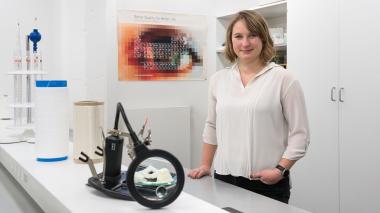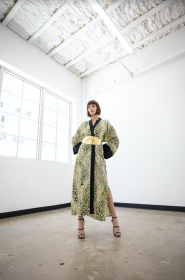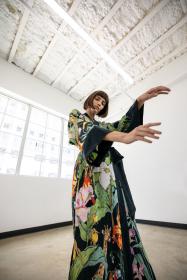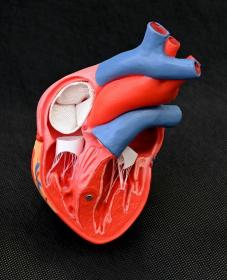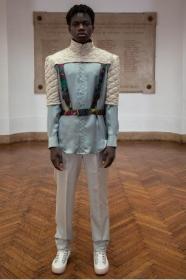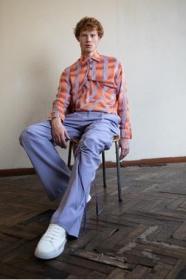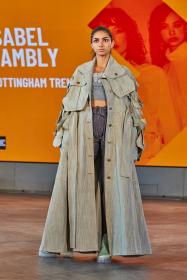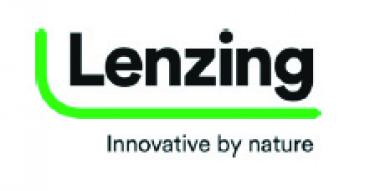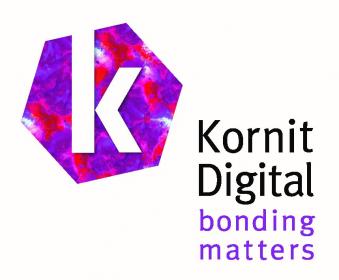VDMA-Kreativitätspreis für ITM Nachwuchswissenschaftlerin
- VDMA-Kreativitätspreis des Deutschen Textilmaschinenbaus 2020 an Nachwuchswissenschaftlerin des ITM der TU Dresden verliehen
Frau Dipl.-Ing. Philippa Ruth Christine Böhnke vom Institut für Textilmaschinen und Textile Hochleistungswerkstofftechnik (ITM) der TU Dresden wurde mit dem 3.000 EUR dotierten Kreativitätspreis des Deutschen Textilmaschinenbaus 2020 für ihre exzellente Studienarbeit „Entwicklung von additiv gefertigten Verbund-Implantaten aus Kieselgelfasern und medizinischen Klebstoffen für die Knochenregeneration“ ausgezeichnet.
Am 02. Dezember 2020 fand die Verleihung der Förder- und Kreativitätspreise 2020 der Walter Reiners-Stiftung des VDMA, Fachverband Textilmaschinen an Studierende und Nachwuchswissenschaftler:innen deutscher Universitäten für Spitzenleistungen in Studium und Promotion statt. Die bundesweit ausgeschriebenen Förder- und Kreativitätspreise wurden erstmals online durch Herrn Peter D. Dornier, Vorstandsvorsitzender der Walter Reiners-Stiftung, verliehen.
In ihrer Arbeit entwickelte Frau Böhnke ein neuartiges Verbundmaterial mit einer bioaktiven Materialkomposition zur Reparatur und Regeneration von Knochendefekten, bestehend aus einer Faserverstärkung aus biokompatiblen Kieselgelfasern und einem Matrixmaterial auf Basis medizinischer Klebstoffe mit Calcium-, Natrium- und Phosphoranteilen. Die morphologische und mechanische Charakterisierung der gefertigten Strukturen zeigt im Vergleich zu handelsüblichen Knochenersatzmaterialen eine offenporige Struktur und um ein Vielfaches erhöhte Biegesteifigkeiten und Bruchdehnungen. Diese erzielten Materialeigenschaften entsprechen weitestgehend den realen Knochenstrukturen. Frau Böhnke hat mit ihrer herausragenden kreativen wissenschaftlichen Arbeit einen wichtigen maschinenbaulichen Beitrag in den Disziplinen Faserforschung, Additive Fertigung, Faserverbundtechnologien und Medizintechnik geleistet.
ITM/TU Dresden


